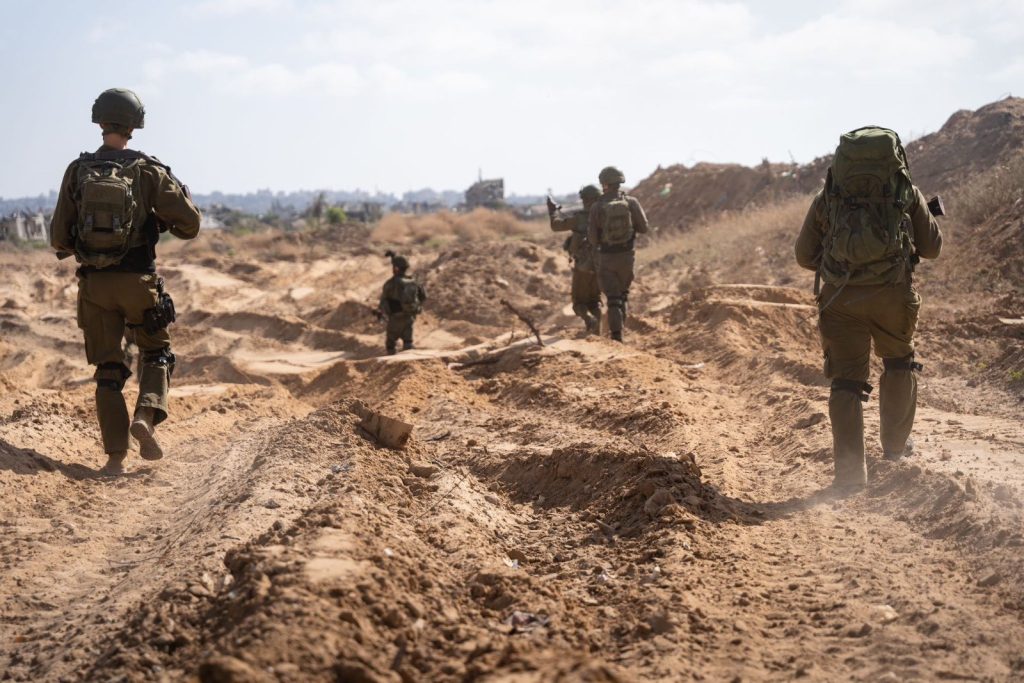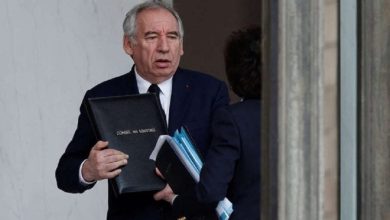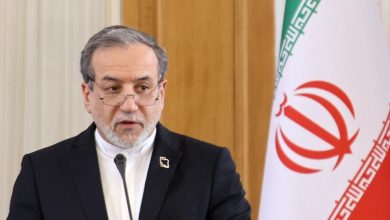Eyal Zamir Takes Command: A New Phase in Israel’s War on Gaza
With no ceasefire in sight, Israel’s new military chief intensifies ground and air operations, aiming to weaken Hamas and sustain pressure on Gaza.
Watan-After Herzli Halevi failed to achieve Israel’s objectives in the war on Gaza, Eyal Zamir has taken charge to reorganize military operations with an iron fist. He assumed command under clear orders from Netanyahu: no long-term ceasefire, no withdrawal from Gaza, and no surrender to the resistance. Zamir brings a new strategy centered on sustained military pressure, expanded ground and air operations, and the continued siege of Gaza to weaken Hamas and exhaust the population.
From his first day in command, Zamir declared that a ceasefire is not an option and that Israel would continue targeting the resistance’s infrastructure, launching more brutal strikes aimed at forcing Palestinian civilians to flee to designated shelter zones. Israeli plans seek to strip Hamas of its safe havens, trap its fighters in restricted areas, and intensify airstrikes and ground incursions.
To sustain the war, Zamir is expanding military operations by deploying additional combat units in Gaza and calling up tens of thousands of reserve forces to replace losses and strengthen battlefronts. The new general aims to revive momentum by targeting new sites and maintaining relentless pressure on the resistance in an attempt to paralyze its maneuverability.

One of the biggest concerns within the Israeli military is the fate of the hostages held by Hamas. As fighting escalates and attacks intensify, the risk of their deaths increases—whether due to Israeli airstrikes or resistance fighters targeting them if they are cornered. However, Zamir appears unfazed by these concerns, as Israel prioritizes crushing the resistance at any cost.
This military escalation coincides with ongoing negotiations in Doha over a potential prisoner exchange deal and a ceasefire. But the new general follows a different tactic: negotiating under fire. The Israeli leadership believes that military pressure might push Hamas into making greater concessions in the talks. However, this approach remains highly risky, especially if the resistance continues inflicting heavy losses on Israeli forces.
As the battles rage on and the war expands, the key question remains: Can Zamir achieve what his predecessor failed to do? Or will Gaza thwart his plans as it has done with every previous Israeli attempt?






